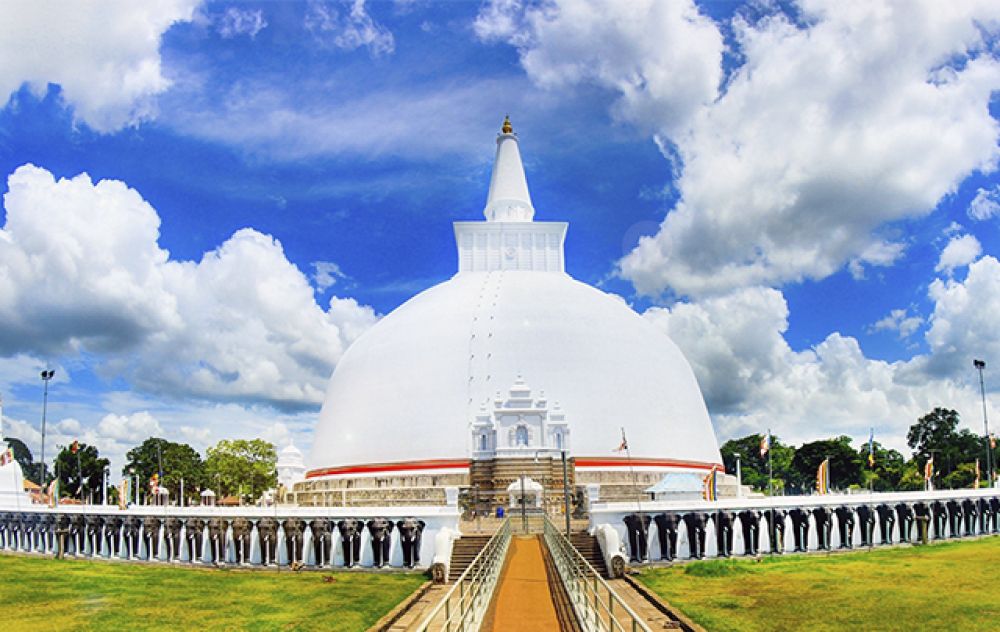

Anuradhapura, situated in the North Central Province of Sri Lanka, is a city steeped in rich history and cultural heritage. Recognized as a UNESCO World Heritage Site in 1982, the ancient city has been a focal point for both religious pilgrimage and cultural tourism for many years.
The history of Anuradhapura as a destination for travelers dates back to ancient times when it was established as the first capital of the island around 377 BC. The city was a center of Theravada Buddhism and attracted scholars, monks, and religious devotees from various parts of Asia. It is also home to the sacred Bo tree, Sri Maha Bodhiya, believed to be the oldest living human-planted tree in the world with a known planting date, drawing thousands of pilgrims annually.
During the colonial period, particularly under the British rule in the 19th century, Anuradhapura gained the attention of European historians and archaeologists. The rediscovery and excavation of its ancient ruins sparked an interest in the city's cultural heritage, further promoting it as a site of archaeological significance and attracting early forms of cultural tourism.
Fast forward to the late 20th century, with the recognition by UNESCO, Anuradhapura became an essential part of the "Cultural Triangle" initiative by the Sri Lankan government, aimed at promoting the country's historic sites. This initiative significantly boosted infrastructure and accessibility improvements, making Anuradhapura more attractive to international tourists.
The civil conflict in Sri Lanka, which lasted from 1983 to 2009, had a profound impact on tourism in Anuradhapura. Travel advisories and safety concerns reduced the influx of tourists during this period. However, following the end of the conflict, there has been a significant resurgence in tourism activity in the area.
In recent years, Anuradhapura has witnessed a steady increase in visitors, thanks to the enduring appeal of its archaeological sites, well-preserved ancient monuments, and spiritual significance. Today's tourists enjoy a range of activities such as guided tours of the ancient city, meditation retreats, and explorations of the surrounding wilderness and wildlife.
The latest trends in Anurapura's tourism include sustainable and responsible travel, with an emphasis on preserving the city’s heritage and environment. Many operators now offer eco-friendly options and community-based tours that contribute to local economies. Additionally, there is a growing popularity in experiential travel, where visitors seek authentic interactions with local culture and traditions.
Overall, Anuradhapura continues to be a beacon of cultural and historical tourism in Sri Lanka, consistently drawing visitors from around the world who seek to immerse themselves in its ancient grandeur and spiritual legacy.